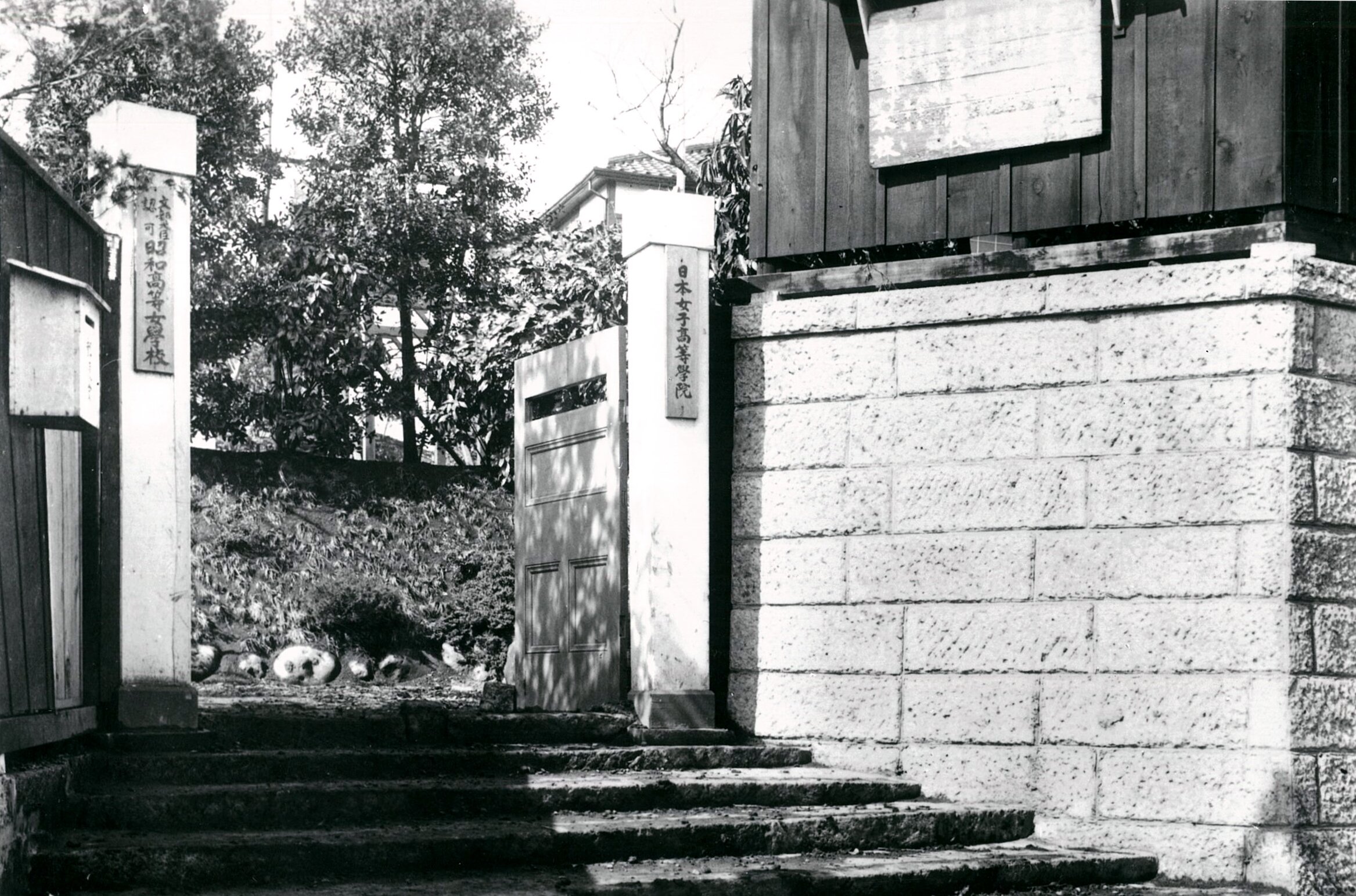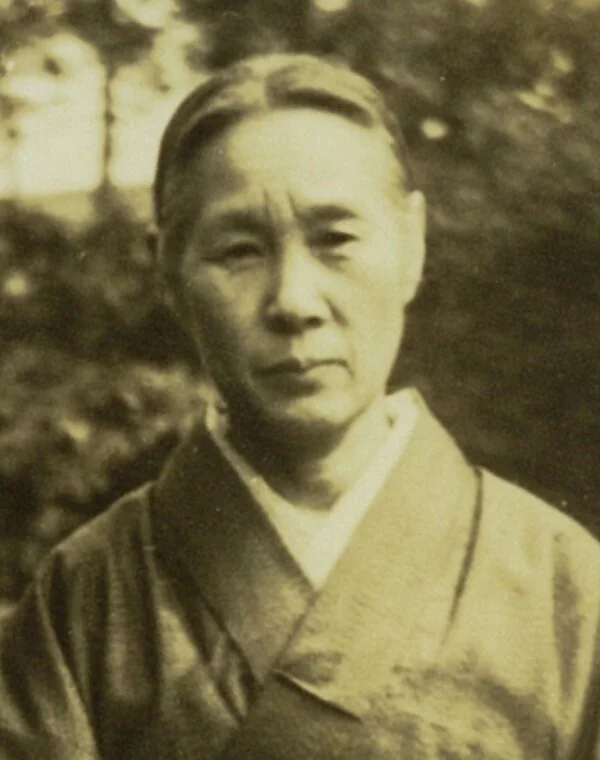
Our Story
Since its founding in 1988, Showa Boston has served as a center of Japanese culture programming. Our roots run even deeper, beginning with a dream of building a peaceful world through women’s education.
Showa Boston’s campus, located in the Jamaica Plain neighborhood of Boston, Massachusetts.
Established in 1988 as a satellite campus for English majors from Showa Women’s University in Tokyo, Japan, Showa Boston is a Japanese language and culture center located in the beautiful Moss Hill neighborhood of Jamaica Plain, Massachusetts. Over seven hundred students study in Boston annually, taking English-language courses in such diverse areas as global business, film, and New England studies.
Since its founding, Showa Boston has taken on the role as a bridge between America and Japan, promoting global awareness, international understanding, and intercultural dialogue within and beyond the Boston community.
Showa Women’s University founder, Enkichi Hitomi (1883-1974), was a renowned poet and scholar who, with his wife Midori’s inspiration and support, became deeply committed to establishing peace in a world ravished by World War I. His pioneering concept for building a peaceful society centered on educating women to play an important role in its development and growth. Enkichi and Midori Hitomi took the first step towards making their vision a reality by establishing a technical school for women which opened in 1920 with eight students and five teachers. Today, the University, located in Setagaya in the southwest part of metropolitan Tokyo, has grown to a population of over 7,400 students and approximately 700 faculty members. It offers its students a kindergarten-through-high school program, a four-year university, and a graduate school granting masters and doctoral degrees.
Enkichi Hitomi (1883-1974), a renowned poet, lifelong women’s education advocate, and founder of Japan Women’s High School, the forerunner of Showa Women’s University.
Midori Hitomi (1887-1961), organized the Japan Women's Association, which helped lay the foundation for Showa Women's University.
Showa Boston’s Mission
Our Mission
Showa Boston’s mission is to provide students with a solid foundation of knowledge and skills to further their studies and become informed, engaged, globally-minded individuals. To that end, we strive to develop students’ English proficiency, cultivate their cross-cultural awareness, and foster their personal growth by offering academic and social opportunities to pursue personal fulfillment and professional success.
Our Vision
Showa Boston aspires to be known in Japan as a leading study-abroad destination that promotes personal and cultural ties between the United States and Japan, enhances the value of study at Showa Women’s University, and prepares its graduates to serve as role models and authors of meaningful change.
Our Values
Our work and interactions are guided by the following values:
• Commitment to building communities characterized by mutual understanding
• Curiosity about the world and the critical thinking to understand it and inform one’s actions
• Respect for diversity of languages, cultures, ethnicities, identities, experiences, and perspectives
• Empowerment of women and girls to pursue their academic and professional goals
• Leadership in one’s studies, one’s work, and the wider community
• Service to one another and to society at large
CEA Accreditation
Showa Boston Institute is accredited by the Commission on English Language Program Accreditation for the period December 2019 through December 2029 and agrees to uphold the CEA Standards for English Language Programs and Institutions. CEA is recognized by the U.S. Secretary of Education as a nationally recognized accrediting agency for English language programs and institutions in the U.S.
For further information about this accreditation, please contact:
CEA
1001 N. Fairfax Street, Suite 630
Alexandria, VA 22314
(703) 665-3400
www.cea-accredit.org
To see the CEA Standards, click here.
For information about how to make a complaint against a CEA-accredited site, click here. Download instructions here.
Stay informed, or ask us a question!
Join the Showa Boston mailing list to ensure you don’t miss out on upcoming events, classes, and community programming. Or, use this form to ask us a question - we typically respond within 1-2 business days.
Disclaimer: By filling out the form, you agree to receive emails from Showa Boston. You can remove yourself from our mailing list at any time by clicking “unsubscribe” at the bottom of our email newsletters, or by contacting social@showaboston.edu.




